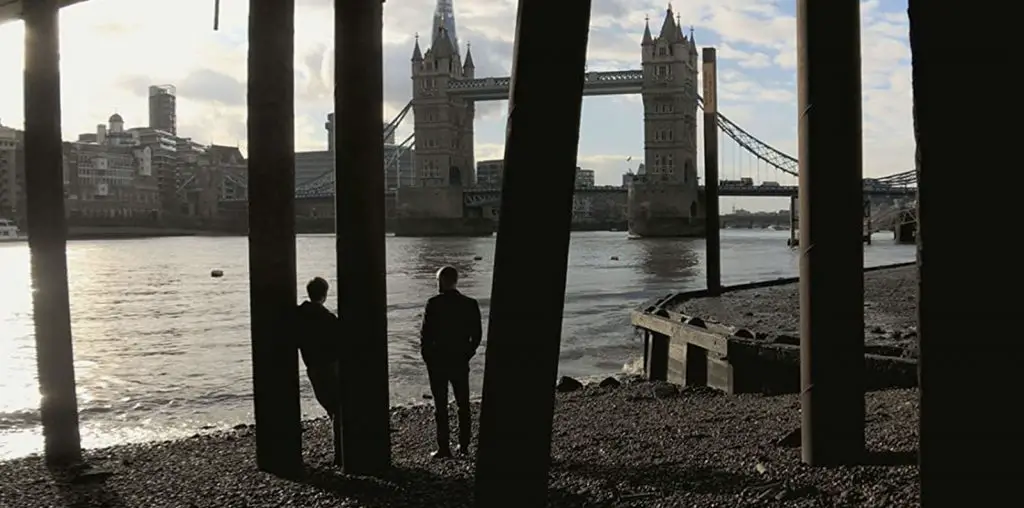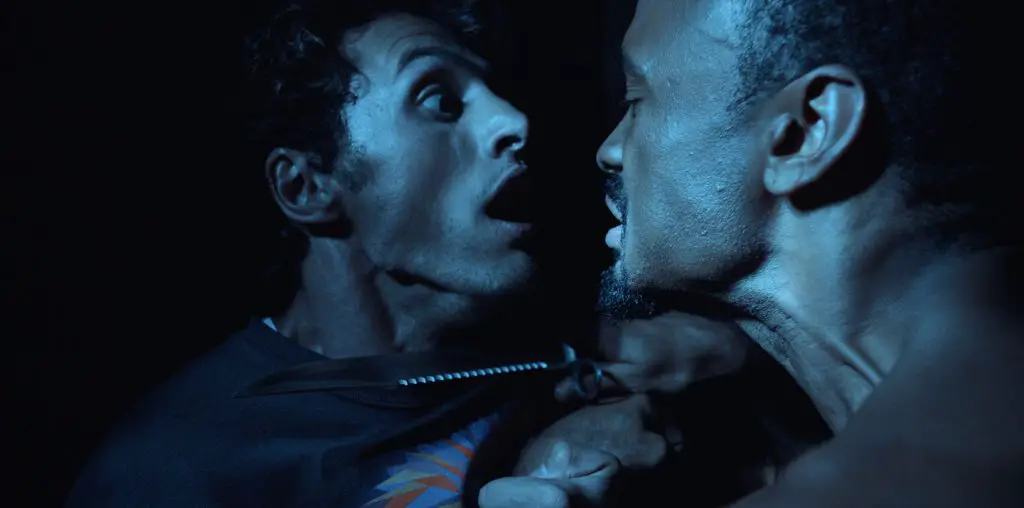
This review was originally published on January 20, 2014…
Zach Braff’s Garden State was one of the breakout stories of the 2004 Sundance film festival. Not only did it grab audiences only familiar with the actor’s day job on TV’s Scrubs but it resonated and surprised a great number of critics. (Yours truly named it the best film of that year.) While television continued for Braff, more ambitious film projects he wanted to tackle fell through, and his starring role in The Last Kiss was met with more muted reactions from the critics and box office.
After ten years, Braff makes his triumphant return to Sundance with as much curiosity as controversy, being a celebrity using his influence to draw his fanbase to Kickstarter, where a portion of his long-awaited follow-up was funded. Some nearly 47,000 people contributed to the campaign (a small portion compared to the number who were entertained and personally moved by Garden State ), anxiously waiting for him to work his magic again. The resulting Wish I Was Here is a whole that is much better than the sum of its parts, but is ultimately successful and will likely stir many of the same emotions that his debut did.
Pressured by his devoutly Jewish father, struggling actor Aidan Bloom (Zach Braff) has had his children enrolled in a private Hebrew school. His wife, Sarah (Kate Hudson), handles the bills on the homefront while his dad has managed the tuition for Grace (Joey King) and Tucker (Pierce Gagnon). Saul’s (Mandy Patinkin) cancer has returned though and with his money forced to shift over for some experimental treatments, Aidan must now consider home-schooling. His brother (Josh Gad) is of little help, cooped up in his trailer yelling at celebrities on Twitter and holding a grudge against dad’s constant reminders of failure.
Zach and his co-writer brother, Adam Braff, throw a lot on the screen in the first hour, keeping everyone a little off-kilter as to just which plotline it’s going to land on for dominance. Aidan’s attempts to keep his kids in school through auditions and even a little charity (which should stoke the metaphorical flames of the Kickstarter naysayers) prove unsuccessful. (Though the late James Avery gets one of the film’s biggest laugh lines at the audition.) School at home isn’t a viable option when your daughter has advanced beyond triangles in geometry. What that leaves as the movie (and life) focuses is the impending lifeline. Not just for Saul, but for those still in flux. Their unfocused paths begin to find the light as parents, spouses and general human beings.
The Braffs are careful not to just make this another mid-life crisis tale though. Instead they tap into spiritual questions of guidance. Does wisdom carry the same weight when it comes from a loved one more than a higher power. If the latter can only be achieved by how the economy dictates its reach then is it worth listening to at all?
With a great many subplots all whirlpooling towards its climax, there are occasional rocky patches that could benefit from a final cut. The brother’s newfound sense of purpose with his Comic-Con-obsessed neighbor (Ashley Greene) proves to be awkward, especially when their relationship blooms at the apex of the most heart-bending moment of the film. Sarah’s complications with a salty-tongued co-worker might confront the realization that the problems right next to you are of more pressing concern than those of the known universe. Only it often brings a halt to the film when we would rather see more scenes like Hudson’s interactions with Braff and Patinkin, about the happiest any of them were or ever will be, which are some of her best moments since Almost Famous.
Performances are good across the board. Gad is often typecast as the screw-up slob (see: Love & Other Drugs) but recent choices such as Thanks for Sharing and this show he does have range when given the shot at redemption. Though his louder moments ring in our heads, his quietest reaction over the phone rings truest. As it involves Joey King on the other line, it is a final nudge that her work here is a future builder. King’s confident and heartfelt performance will be remembered in the same light as those by Jennifer Lawrence and Chloe Grace Moretz, when everyone knew it was the beginning of a long career. The film’s soul, however, belongs to Patinkin, a great actor who even in his most stubborn scenes never fails to instill Saul with the best intentions; a dad just looking to do right by his kids with the only handbook available to him.
Whatever errors in judgment are made along the way in the film, they could be chalked up to the other random plans that life makes for all of us, and they can be easily forgotten as the rest of the film and the characters find their way. Braff, the director, writer and actor, is at his best on film when he finds the quiet moments of truth and reflection that open up the themes he is exploring. Garden State fans will certainly recognize more patriarchal forgiveness and some “infinite abyss” searching (along with roles for Jim Parsons and Michael Weston) but Wish I Were Here never feels like warmed-over material. Braff’s heart is very much “in it” as Natalie Portman’s Sam would say, and while his character fantasizes about science fiction role-playing, the complete storyteller is looking for the reality in our everyday fictions and how it applies to all of us.

